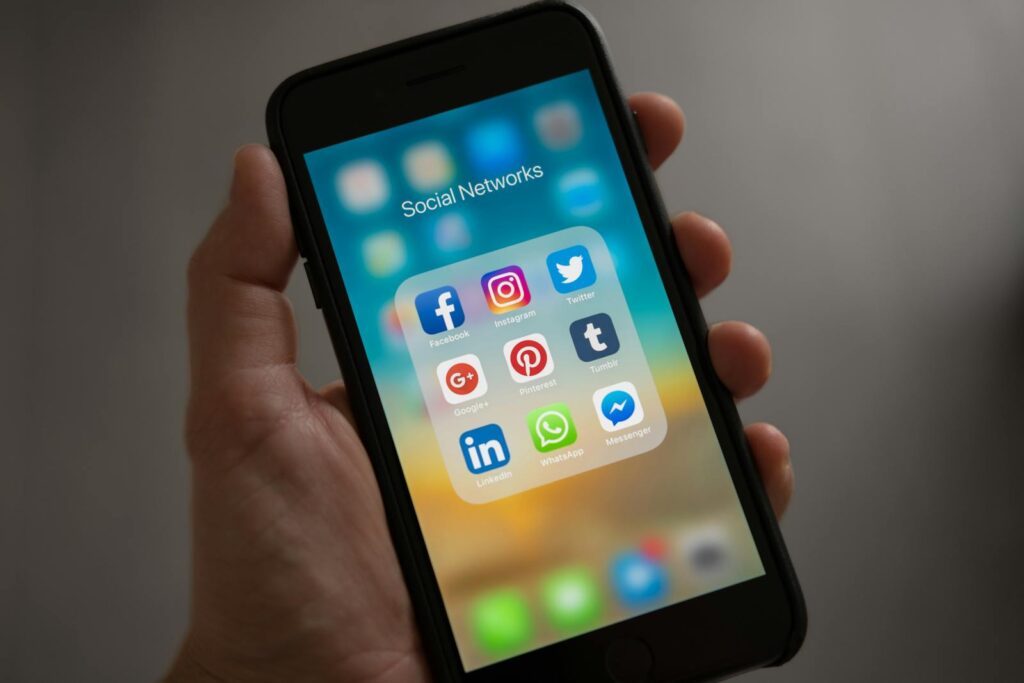Tips and support
LinkedIn Games: A Surprising New Era of Professional Networking Fun

LinkedIn games are making waves on the world’s largest professional networking platform, blending career development with casual competition. What once was a strictly professional environment now features engaging word puzzles and brain teasers that are drawing in millions of users daily. But why has LinkedIn, a site best known for resumes, job postings, and corporate updates, ventured into the world of online games? This article explores the rise of LinkedIn games, their impact, the most popular titles, and what this trend means for the future of professional networking.
Why LinkedIn Added Games to Its Platform
LinkedIn’s mission has always been to connect professionals, empower careers, and promote learning. In recent years, however, the company has recognized the growing need to engage users more interactively. Enter LinkedIn games—short, intelligent puzzles that users can play during breaks to sharpen their minds while fostering a sense of community.
1. Gamification in the Professional World
Gamification is not new to education or corporate learning. LinkedIn games leverage this strategy to:
- Boost daily user engagement.
- Offer cognitive challenges that align with professional skill-building.
- Encourage light-hearted competition among colleagues and connections.
2. Creating Habitual Engagement
Just as platforms like Duolingo or Wordle attract daily logins through bite-sized tasks, LinkedIn aims to keep users coming back—not just for job hunts, but for fun. Games play a crucial role in habit-building, ensuring people interact with the platform even outside of urgent career needs.
The Most Popular LinkedIn Games
Currently, LinkedIn features a few key titles that are quickly becoming cult favorites among professionals. These games are hosted under a dedicated section and are refreshed regularly with new challenges.
1. Queens
A logic-based puzzle inspired by Sudoku and chess, Queens is a grid game where players must place queens so that none attack each other. It’s a test of spatial awareness and critical thinking.
Why It Works: It appeals to analytical minds, especially those in tech, engineering, or finance roles.
2. Crossclimb
Crossclimb is a trivia-based ladder game where players climb steps by answering word association puzzles. Each answer feeds into the next, demanding both general knowledge and linguistic skill.
Professional Edge: Great for content creators, writers, and marketing professionals who love wordplay.
3. Pinpoint
In Pinpoint, players guess a common theme between four seemingly unrelated words. It’s fast-paced, often unexpected, and deeply satisfying.
Great For: Brainstormers, problem-solvers, consultants—anyone who enjoys making abstract connections.
How LinkedIn Games Encourage Networking
Believe it or not, LinkedIn games are not just solitary entertainment. They are built to foster interaction and boost social dynamics in a professional context.
1. Daily Leaderboards
Each game has a leaderboard that shows how your connections are performing. This opens up lighthearted conversations like:
“Hey, I saw you beat me in Queens yesterday—how did you solve row 5?”
Such conversations can lead to networking moments that feel more natural than a cold message.
2. Shareable Achievements
LinkedIn encourages users to share their daily wins or streaks in their feeds. This boosts visibility, promotes organic engagement, and helps colleagues connect over common interests.
3. Icebreakers in Teams
Companies are beginning to incorporate LinkedIn games into their remote team-building efforts. By comparing scores or challenging each other to a “Pinpoint-off,” teams can create bonds beyond the usual Slack banter.
The Cognitive and Professional Benefits of LinkedIn Games
Beyond engagement and fun, LinkedIn games are subtly training the brain in ways that are professionally valuable.
1. Critical Thinking Skills
Each puzzle requires some form of logic, deduction, or analysis. These skills are essential across fields from data science to marketing strategy.
2. Pattern Recognition
Games like Crossclimb and Pinpoint hone the ability to recognize linguistic and logical patterns—a vital skill in coding, design, UX, and communications.
3. Mental Breaks for Better Productivity
Studies have shown that short, stimulating breaks enhance overall focus and productivity. LinkedIn games provide that “coffee break for the brain” without leaving the professional environment
LinkedIn Games vs. Traditional Brain Teasers
While the internet is full of logic puzzles and brain games, LinkedIn’s versions offer several unique advantages:
| Feature | LinkedIn Games | Traditional Online Games |
|---|---|---|
| Professional Context | ✅ Yes | ❌ No |
| Connection-Based Leaderboards | ✅ Yes | ❌ No |
| Daily Refresh | ✅ Yes | ⚠️ Occasionally |
| Social Sharing for Networking | ✅ Yes | ❌ No |
| Career-Focused Branding | ✅ Yes | ❌ No |
This comparison highlights why LinkedIn games are not just copies of existing titles—they are optimized for career-minded individuals.
The Rise of Workplace Gaming Culture
The workplace is evolving. Gone are the days when play was considered unprofessional. Modern work culture increasingly acknowledges that short games can:
- Boost team morale.
- Support mental well-being.
- Improve creative thinking.
1. Integrating Games into Company Culture
Some companies now use LinkedIn games in their onboarding sessions or weekly team challenges. This is especially popular in remote-first organizations looking for low-effort, high-impact engagement tools.
2. Gamified Microlearning
By introducing game mechanics into short learning sessions, companies can increase knowledge retention. LinkedIn games may pave the way for future integrations with LinkedIn Learning, where learning paths include a game at the end of each module.
Future Predictions for LinkedIn Games
LinkedIn’s foray into gamification is just beginning. Here’s what we might expect:
1. More Game Titles
The current offerings are just a start. Expect to see games tied to industry knowledge, timed challenges, or even multiplayer team puzzles.
2. Gamified Learning Badges
Achievements in games may one day earn you micro-credentials or LinkedIn Learning discounts, further integrating the platform’s professional growth tools.
3. Custom Corporate Challenges
Companies might soon get access to private leaderboards, allowing internal competitions that reflect brand culture and values.
Should You Be Playing LinkedIn Games?
Absolutely—if you’re a professional who:
- Enjoys daily puzzles or trivia.
- Wants to engage more with your network.
- Needs a five-minute productivity-boosting break.
- Likes sharpening skills in a low-stress way.
LinkedIn games offer a rare blend of intellectual stimulation and professional credibility.
Tips to Maximize Your LinkedIn Gaming Experience
To get the most out of your LinkedIn games habit, try the following:
✅ Set a Daily Reminder
Play each morning to warm up your brain before diving into deep work.
✅ Challenge a Colleague
Send your score or screenshot to a friend and ask for a rematch.
✅ Share a Win Weekly
Boost your profile visibility by sharing achievements as thoughtful posts.
✅ Use Games to Build Soft Skills
Notice how these games can improve communication, collaboration, and lateral thinking.
Final Thoughts
LinkedIn games mark a significant shift in how we think about professional networking and productivity. No longer confined to just resumes and connections, LinkedIn is evolving into a daily destination for mental engagement, learning, and casual competition.
By blending entertainment with intellect, these simple yet powerful games offer something more than fun—they open doors to new conversations, build habits of critical thinking, and reflect a modern approach to networking in a fast-paced digital world.
So next time you’re taking a break from writing emails or updating your resume, why not try out a LinkedIn game? You might just learn something new—and beat your boss while you’re at it.

-

 Resources4 years ago
Resources4 years agoWhy Companies Must Adopt Digital Documents
-

 Resources3 years ago
Resources3 years agoA Guide to Pickleball: The Latest, Greatest Sport You Might Not Know, But Should!
-

 Resources3 months ago
Resources3 months agoTOP 154 Niche Sites to Submit a Guest Post for Free in 2025
-

 Resources3 months ago
Resources3 months ago50 Best AI Free Tools in 2025 (Tried & Tested)
